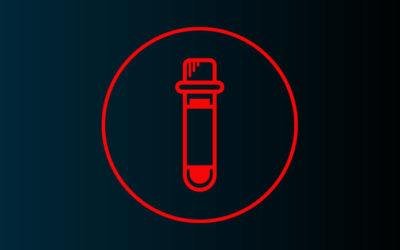Running a dry cleaning business involves more than just delivering spotless clothes to customers. A major part of keeping your business safe lies in your ability to properly manage the hazardous waste generated in the cleaning process. Solvents like PERC (perchloroethylene), DF-2000, and spent filters contain chemicals that, if improperly disposed of, can lead to serious environmental and regulatory consequences.
Service Request
Have waste that requires compliant handling or disposal? Fill out our service form and an MCF Environmental Representative will get back to you quickly with next steps!
Please note we do not provide disposal services for household waste












